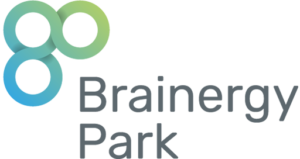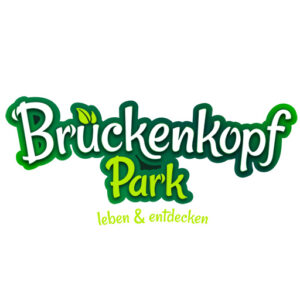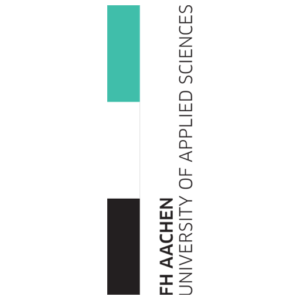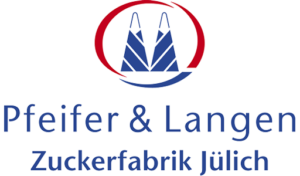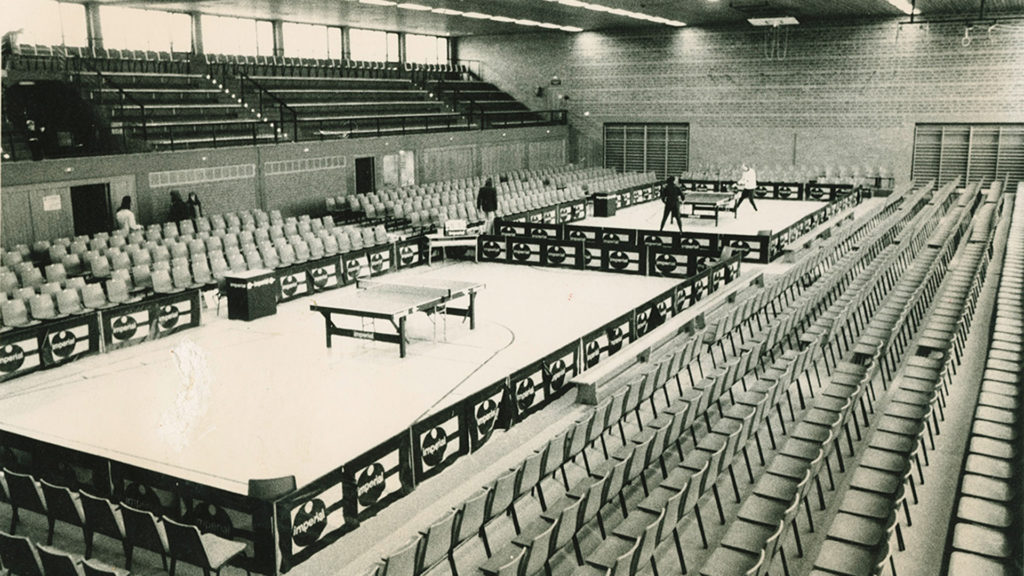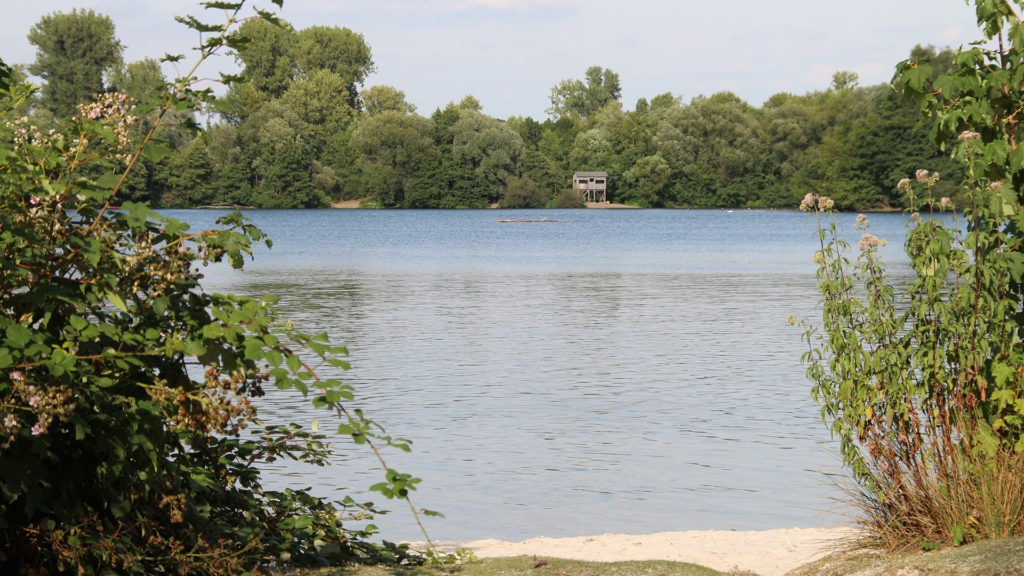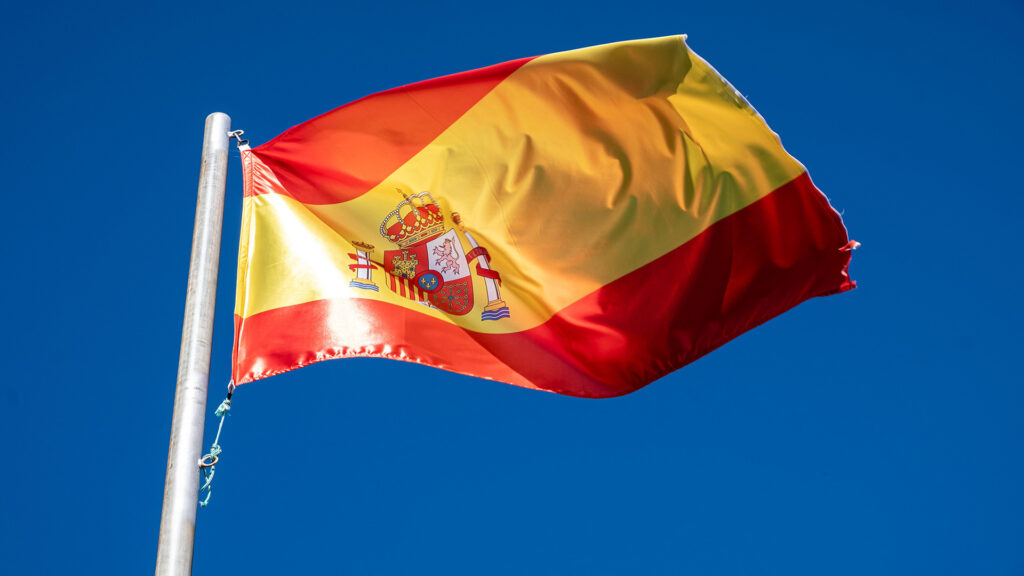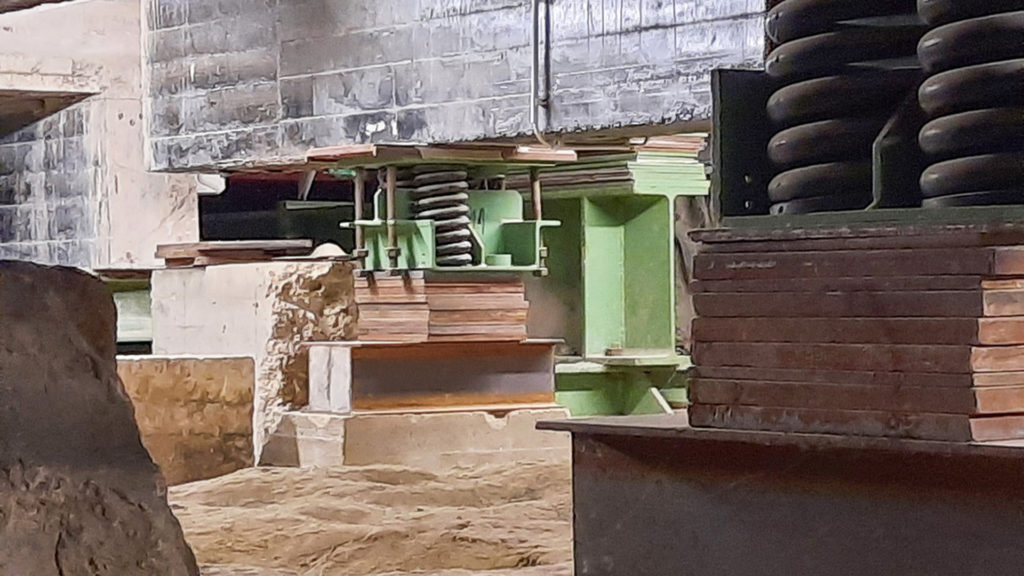Urban Netways has applied a simulation for connected cable car systems to the specific example of the city of Jülich. In a preliminary concept study, connections were established between the Jülich Research Center, the FH Campus Jülich, the planned Brainergy Park, the Rurtalbahn stations in Broich and Jülich city, as well as the Sophienhöhe, with stations included.
The creators’ conviction is that the city of Jülich and the district of Düren, with their high number of renowned research institutions, are among the most important scientific regions in Europe. In the heart of the Rhineland lignite mining area, the structural transformation currently provides additional impetus for the development of educational and research institutions that address future challenges and regional solutions related to mobility, sustainable energy generation, and climate protection. The cable car is seen as a fast, demand-oriented mode of transportation, as the Sophienhöhe, a popular destination, can currently only be accessed on foot, and scientific institutions can only be reached with very long travel times using public transport.
Another advantage: Cable cars are favored by the state of North Rhine-Westphalia as clean, safe, and fast transportation options and are promoted through the “Public Transport Offensive.” This aligns well with the vision of a modern research city, as noted by the traffic planners Rödl & Pachan. However, the idea has mostly failed to gain political support so far: it is seen as too experimental, too expensive, and not suitable for Jülich.

